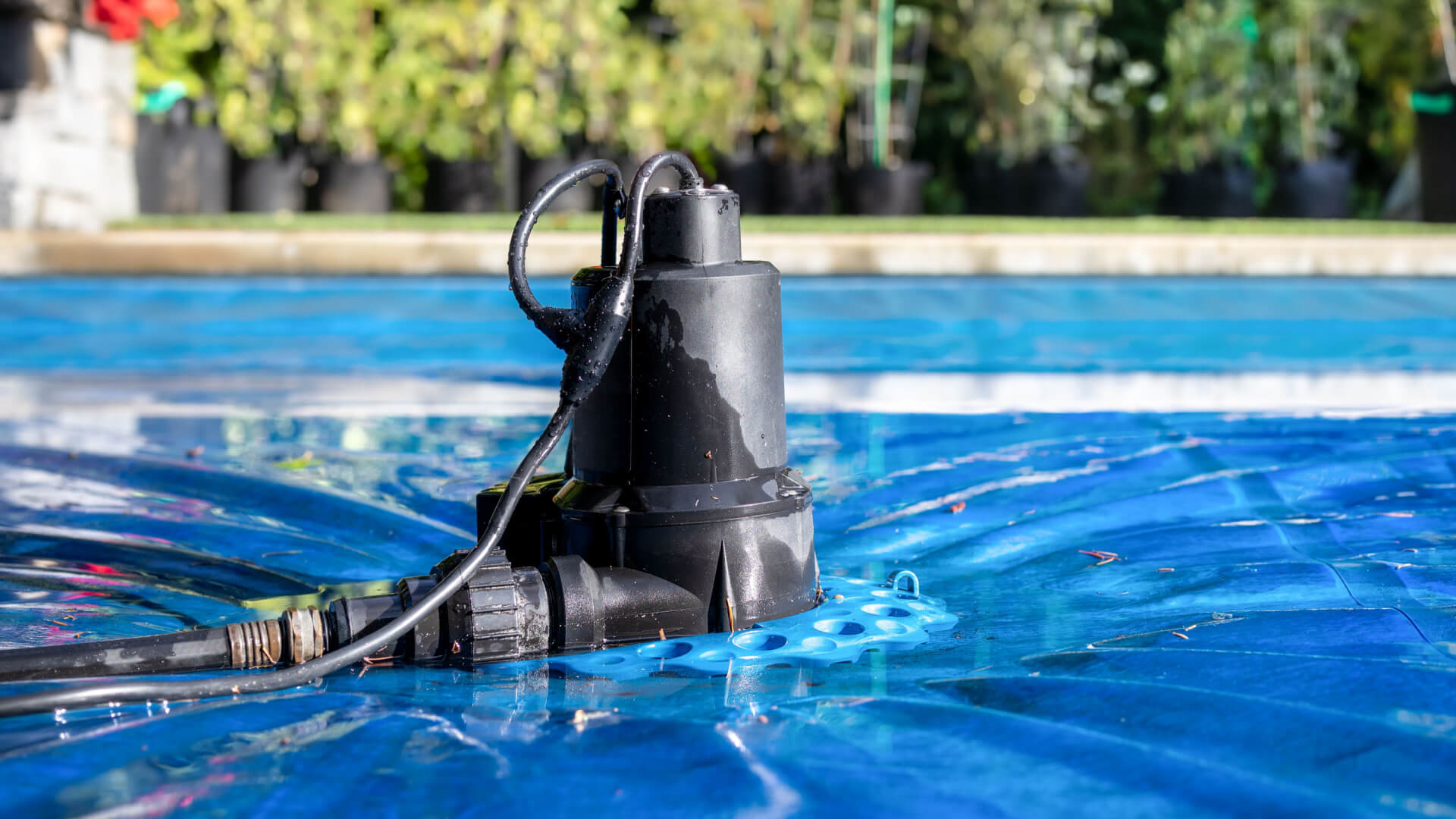
Introduction
In today’s environmentally conscious world, maximizing energy efficiency is paramount get started now . For pool owners, ensuring their in-ground pool operates efficiently not only reduces energy consumption but also minimizes costs. This guide offers practical insights and tips for repairing in-ground pools to achieve better energy efficiency.
Assessing Energy Usage
Understanding Energy Consumption
Before delving into repairs, it’s crucial to comprehend how energy is utilized in an in-ground pool system. Pumps, heaters, and filtration systems are the primary consumers of energy. Identifying areas of inefficiency will guide repair efforts effectively.
Conducting Energy Audits
Performing regular energy audits helps pinpoint areas where energy is wasted. Inspect equipment, check for leaks, and assess insulation levels to identify potential issues.
Repairing and Improving Efficiency
Upgrading Equipment
Investing in energy-efficient pool equipment can significantly reduce energy consumption. Consider replacing old pumps, heaters, and lighting fixtures with energy-efficient models. Variable-speed pumps are particularly efficient as they can adjust their speed based on demand, saving energy and costs.
Addressing Leaks
Even minor leaks in a pool’s plumbing system can lead to significant energy loss over time. Inspect the pool’s plumbing thoroughly and repair any leaks promptly to prevent unnecessary energy waste.
Optimizing Filtration
Improving filtration efficiency can contribute to energy savings. Clean or replace filters regularly to ensure optimal performance. Additionally, consider installing a timer for the filtration system to run during off-peak hours when energy rates are lower.
Enhancing Insulation
Proper insulation around the pool and equipment can minimize heat loss, especially in colder climates. Insulate pipes, heaters, and pumps to reduce energy consumption and maintain water temperature efficiently.
Implementing Solar Solutions
Harnessing solar energy can be a game-changer for energy-efficient pool operation. Solar panels can heat pool water, reducing the need for conventional heating methods. Additionally, solar-powered pumps and lighting systems offer sustainable alternatives to traditional energy sources.
Maintenance Practices for Long-term Efficiency
Regular Cleaning and Maintenance
Routine maintenance is essential for ensuring the continued efficiency of an in-ground pool. Keep the pool clean, maintain proper water chemistry, and address any issues promptly to prevent energy waste.
Monitoring and Adjusting Settings
Regularly monitor equipment settings and adjust them as needed to optimize energy efficiency. Program heaters and pumps to operate during non-peak hours and adjust filtration schedules based on usage patterns.
Professional Inspections
Schedule regular inspections by a professional pool technician to identify and address potential issues before they escalate. Professional maintenance ensures that the pool system operates at peak efficiency, minimizing energy consumption and costs.
Conclusion
Achieving better energy efficiency in in-ground pools requires a proactive approach to repairs and maintenance. By upgrading equipment, addressing leaks, optimizing filtration, enhancing insulation, and implementing solar solutions, pool owners can significantly reduce energy consumption and costs. Adopting regular maintenance practices ensures long-term efficiency, contributing to a sustainable and Eco-Friendly pool operation.